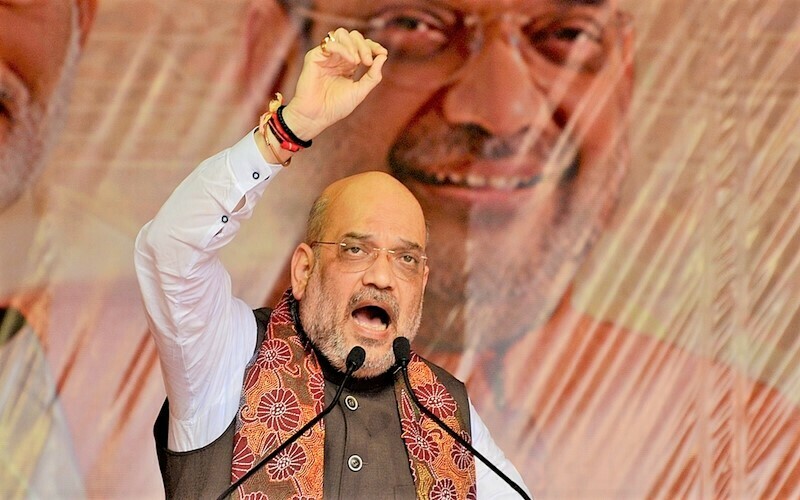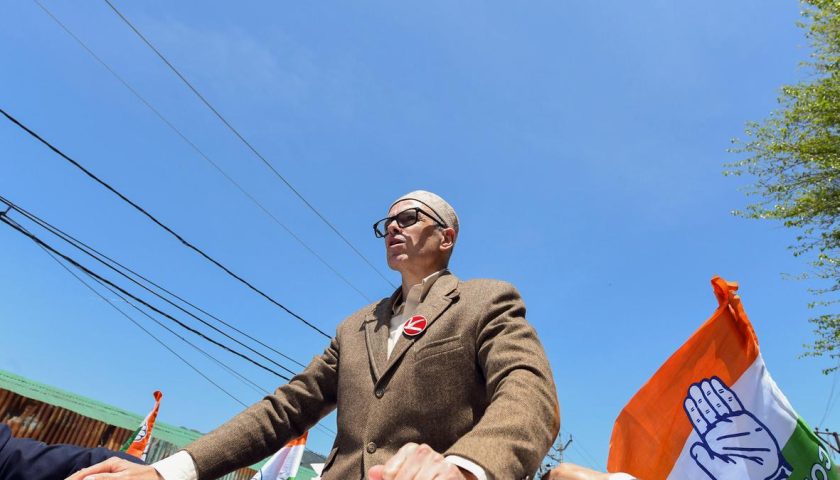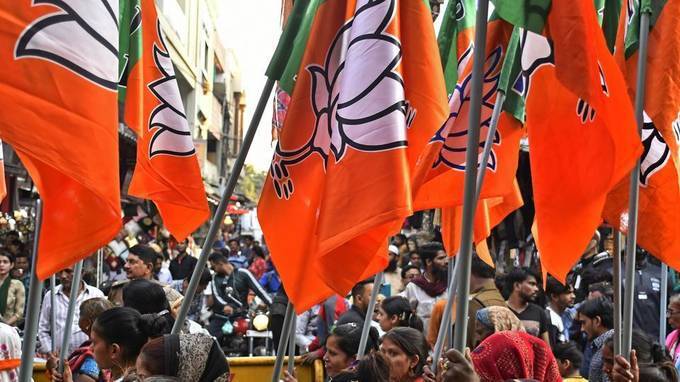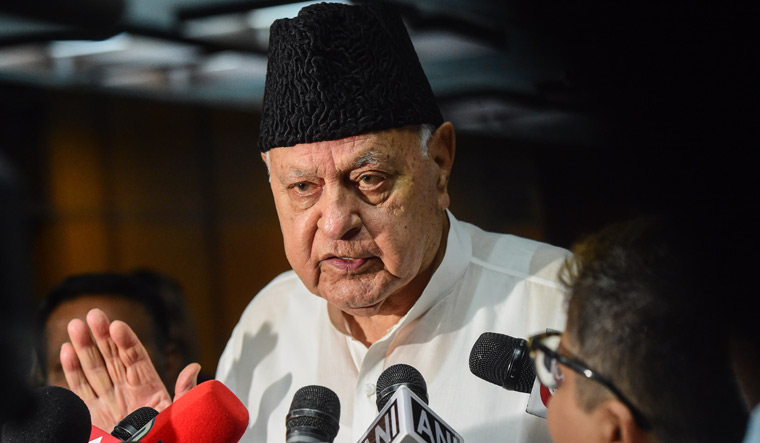Union Home Minister Amit Shah will be visiting Kashmir Valley for the first time since the abrogation of Article 370.
Union Home Minister Amit Shah will spend three days in Jammu and Kashmir beginning Saturday. His Kashmir visit comes as part of the Narendra Modi government’s outreach program under which Union ministers are traveling to the region.
This is Amit Shah’s first visit to the Kashmir Valley since August 2019 when he brought a resolution to cease operation of Article 370 in Jammu and Kashmir, and a reorganisation bill that bifurcated the erstwhile state into two Union Territories — Ladakh being the other.
As the Union home minister, this is Amit Shah’s second visit to the Kashmir Valley. He had visited the Valley in June 2019 — barely 40 days before he moved papers in Parliament for a fresh political churning in Kashmir. The decision to abrogate Article 370, which accorded special status to Jammu and Kashmir, was touted as a historic one that would curb terrorism and bring political stability in Jammu and Kashmir.
Timing
Incidentally, Amit Shah’s visit comes when the Indian Army has been involved in one of the most extensive combing operations in Jammu and Kashmir’s Poonch-Rajouri area. Indian Army chief MM Naravane visited the Kashmir Valley earlier this week, after which the forces launched an all-out operation against the terrorists.
Nine soldiers, including two junior commissioned officers (JCOs) have died in encounters with terrorists in dense forest areas. Reports, however, suggest that despite using drones, the forces have not been able to sight terrorists believed to be hiding in the area.
Terror
The terrorists are believed to have been hiding in the area for about two months. Some source-based reports have claimed that security agencies suspect that this group of terrorists could be responsible for terror attacks in Kashmir Valley since August this year — on August 6, August 19, September 13, and two attacks during the ongoing operation.
Earlier in June this year, the Union Ministry of Home Affairs (MHA) told Parliament that incidents of terrorism reduced by 59 percent in 2020 compared to 2019 and further by 32 percent till June 2021 compared to the same period in 2020.
Security experts have linked the spurt in terrorism in Jammu and Kashmir to the regime change in Afghanistan, where the Pakistan-backed Taliban captured power in mid-August. Since then, voices have been raised to foment trouble in the Kashmir Valley, with the Taliban claiming they have “the right to speak for Muslim Kashmiris”.
Politics
A day before Amit Shah tabled the government’s plan to reshape the political landscape of Jammu and Kashmir, most influential political leaders from the Kashmir Valley were placed under custody. The government defended the move, saying it would help maintain peace in the Kashmir Valley. The curbs put on these leaders ensured that there was almost no mass agitation in the Kashmir Valley in protest against the abrogation of Article 370.
Political leaders, including former chief minister Farooq Abdullah, his son Omar Abdullah (of the National Conference), and Mehbooba Mufti of the Peoples Democratic Party (PDP) were released from house arrest in 2020. Their release saw the emergence of a coalition of political parties in the Gupkar Declaration.
In another key political development, viewed as a precursor to assembly polls in Jammu and Kashmir, the Union Territory voted in the District Development Council (DDC) polls in December 2020. This was the first election exercise in Jammu and Kashmir since the abrogation of Article 370.
What Else Has Changed?
With the Article 370 decision of the Modi government, Jammu and Kashmir not only lost their symbolically special status under the Indian Constitution but also the right to use a separate constitution and a flag of its own parallel to the national tricolor. Its separate penal code, the Ranbir Penal Code (RPC), also ceased to operate.
The special privileges available to those holding “permanent resident” certificates ended, allowing the outsiders, in theory, to purchase land in the Kashmir Valley. The government’s policy saw the return of some of the Kashmiri Pandits, whose families were forced to flee the Valley with the advent of armed militancy in the region in the early 1990s.
Kashmiri women secured the domicile right to equality. Earlier, they lost their property rights if they married an ‘outsider’. They were not considered claimants to inherit ancestral property.
In another key decision, the central government decided not to issue Indian passports to those found involved in stone-pelting to target security forces in the Kashmir Valley.
What is now on Amit Shah’s Agenda?
Amit Shah’s Kashmir visit is the second-most high-profile political event relating to Jammu and Kashmir since June when Prime Minister Narendra Modi invited a delegation of political leaders, including Farooq Abdullah, Omar Abdullah, and Mehbooba Mufti to New Delhi.
Next, a string of Modi government ministers has visited Jammu and Kashmir as part of the outreach program. In September, Amit Shah met Lieutenant Governor Manoj Sinha to review Jammu and Kashmir’s security situation.
Recently, a Memorandum of Understanding (MoU) was signed between Jammu and Kashmir and Dubai — a powerful Emirate in the UAE — for infrastructure development. The MoU is being seen as a significant diplomatic success of the Modi government in the wake of Pakistan’s relentless campaign among the Islamic nations to bash India over its Kashmir policy. The Dubai-Kashmir MoU defuses the anti-India campaign bomb of Pakistan.
Against this backdrop, Amit Shah would spend three days in Jammu and Kashmir, where he is said to take stock of the implementation of government programs and meet senior officials. With speculation rife that the Modi government may go for assembly election in Jammu and Kashmir along with polls in Uttar Pradesh, Uttarakhand, Punjab, Manipur, and Goa, Amit Shah’s visit gains immense political significance.






